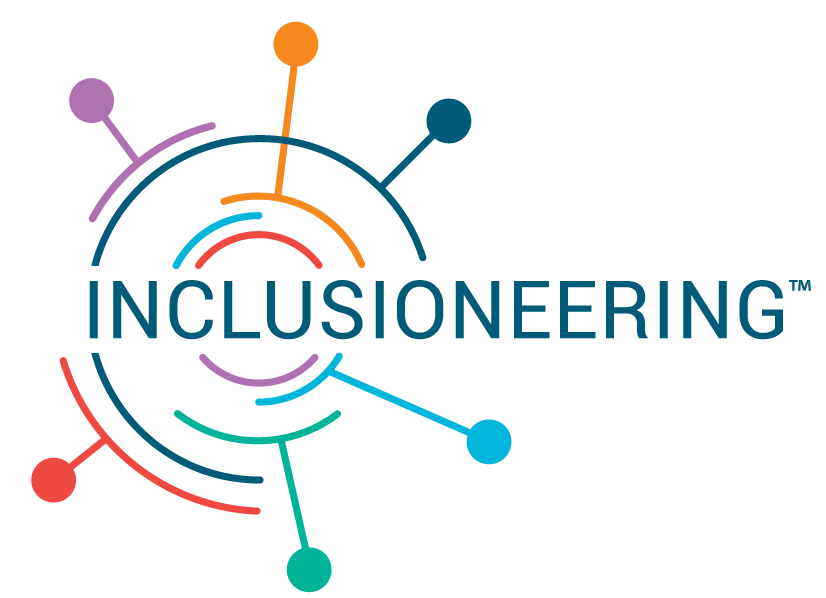The European Union officially launched its first wave of AI Act provisions and restrictions, which came into effect on 2nd February 2025. The landmark piece of legislation will regulate the use of artificial intelligence across industries. Beyond AI developers, firms that are deploying AI systems will also be subject to the regulations.
AI Practices now banned under the EU AI Act are:
- Emotion tracking in workplaces and schools – Employers can no longer use AI-powered webcams, voice recognition or biometric data to track employee’s and student’s emotions.
- Manipulative AI and dark patterns – Websites and apps are banned from using AI to trick users into making financial commitments, which they may not have otherwise made.
- Social scoring systems – AI driven individual rankings based on their behaviour or socio-economic status.
- Predictive policing based on profiling – AI can’t use profiling to predict criminal behaviour.
- Using AI to exploit vulnerable populations – Any AI app that unfairly influences users because of their age, disability, or socio-economic status.
The reason for these bans is to stop unethical and harmful AI applications from affecting workplaces, public spaces and digital environments.
In addition to the above, the EU AI Act has instructed AI literacy training for all staff members who interact with AI systems. This signals a shift toward greater accountability in AI use. Companies who fail to educate their teams on AI risks may face scrutiny and potential action.
Businesses now need to work with HR departments and compliance officers to align with the new AI regulations. They must:
- Ensure transparency – by requesting AI compliance documentation from suppliers.
- Educate employees – Implement AI literacy training programs tailored to different roles.
- Audit AI systems – Identify all AI tools in use and ensure they are compliant.
- Monitor future developments – stay updated in evolving EU AI guidelines
The EU AI Act sets a global precedent for AI governance. By enforcing stricter regulations, the EU aims to enhance consumer trust, prevent exploitation and create a fair digital landscape.
Businesses and organisations must proactively embrace AI and its good governance. This will ensure legal compliance and strengthen their reputation.
Key dates to look out for:
- 2nd May 2025 – The EU AI Office will begin developing codes of practice for general-purpose AI models.
- 2nd August 2025 – The new obligations begin for AI providers, including transparency on training data and compliance with copyright laws.
If you think you may be affected by any of the above changes, then Inclusioneering is here to help. We can work with you to ensure your AI tools and governance are compliant with the EU AI Act.
Simply send us a direct message, or contact info@inclusioneering.com for further information.

